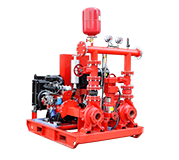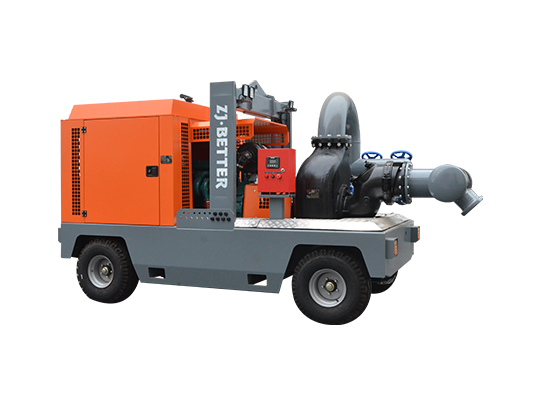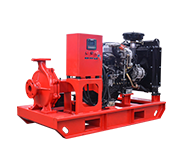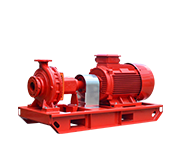-
Reliability: Diesel engines are known for their robustness and durability. They can operate reliably even in adverse conditions, making them suitable for emergency situations where consistent operation is crucial.
-
Independence from Electrical Grid: Diesel engines do not rely on the electrical grid for power, which can be a significant advantage during emergencies, especially when power outages are common. This independence ensures that the pump can function even when the electrical supply is disrupted.
-
Constant Power: Diesel engines provide a constant power source without fluctuations. This steady power supply is essential for maintaining the pump's efficiency and effectiveness during firefighting operations.
-
Higher Torque: Diesel engines generally produce higher torque at lower RPMs compared to gasoline engines. This torque is beneficial for driving the pump impeller efficiently and generating the required water pressure for firefighting purposes.
-
Fuel Storage: Diesel fuel is more stable and has a longer shelf life compared to gasoline. This stability allows for longer periods of storage without degradation, which is important for maintaining the readiness of emergency equipment.
-
Fuel Efficiency: Diesel engines are typically more fuel-efficient than gasoline engines, especially under heavy loads. This efficiency ensures that the pump can operate for extended periods without frequent refueling.
-
Longevity: Diesel engines tend to have a longer operational lifespan compared to gasoline engines. This longevity reduces maintenance and replacement costs over time.
-
Lower Fire Hazard: Diesel fuel is less volatile than gasoline, reducing the risk of fire or explosion when handling and storing the fuel.
-
Suitable for High Torque Applications: Fire pumps require high torque to move water at the required pressure. Diesel engines are well-suited for such high torque applications, making them an ideal choice for driving fire pumps.
-
Adaptability: Diesel engines can be easily adapted to a variety of setups and configurations, making them compatible with different fire pump designs and installation requirements.
-
Remote Locations: In remote areas or locations without reliable electricity supply, diesel engines provide a dependable power source for fire pumps.
-
Emergency Response: During natural disasters or emergencies that affect infrastructure, diesel-powered fire pumps can be crucial for firefighting efforts when other power sources are compromised.
It's important to note that while diesel engines offer these advantages, they also come with their own set of considerations, such as emissions, noise, and maintenance requirements. However, in many firefighting and emergency situations, the benefits of diesel engine-driven end suction fire pumps often outweigh these drawbacks.






